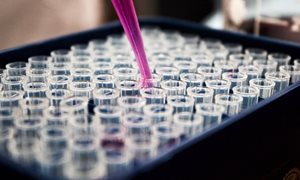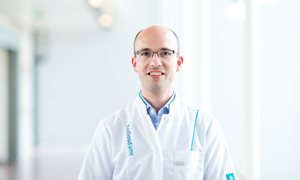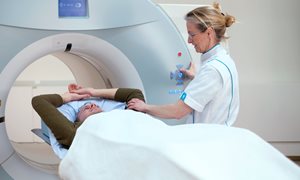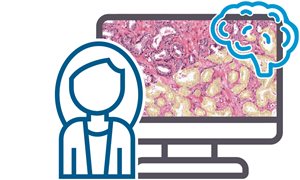
Researchers from the University of Adelaide and the Radboud University Medical Center have repurposed an arthritis drug to restrict the use of antibiotics in the treatment of side effects caused by blood cancer, including leukemia, lymphoma and myeloma. The work is published in Scientific Reports.
A group of researchers from Australia and The Netherlands found that Anakinra, a biologic drug that helps to decrease inflammation in rheumatoid arthritis and other inflammatory diseases, strengthened the gut lining and inhibited inflammation in rodents treated with chemotherapy. This minimizes the spread of bacteria from the gut to the blood stream, which is a common cause of infection and can be serious for people with weakened immune systems as a result of chemotherapy or other cancer treatments.
Healthy gut
Lead author, University of Adelaide cancer research fellow, Dr Hannah Wardill, says the results have high potential given the risks of developing a tolerance to antibiotics. ‘We were able to show in a rodent model that the drug Anakinra improved the integrity of the gut lining’, Dr Wardill explains. ‘Antibiotics are the cornerstone of infection control in people with blood cancer, but they aren’t without challenges. Excessive antibiotic use not only contributes to the development of antibiotic resistance, but also increases the risk of chronic complications, especially in people undergoing stem cell transplantation.’
Controlling bacteria
About 1.24 million blood cancer cases occur annually worldwide, such as leukemia, lymphoma and myeloma, while blood cancers have increased by 40 per cent in the past decade. Senior author and consultant hematologist at Radboud University Medical Center, Professor Nicole Blijlevens, says a greater understanding of where infections originated led to finding alternative solutions to controlling bacteria. ‘While we used to think infections predominantly came from external sources like hospital surfaces and equipment, we now know that they mainly come from inside the person’s gut.’
Restrict antibiotic use
‘This has refocused our attention to how we can prevent these bacteria from moving from the gut to the blood’, Blijlevens explains. ‘We showed that this drug, which is usually used to control rheumatoid arthritis, was not associated with any adverse events in people undergoing high dose chemotherapy. For decades, we have relied on antibiotics to prevent infection, but this new work suggests there may be alternatives to minimize our reliance on antibiotics. We must find ways to restrict antibiotic use, especially in cancer care, but we must do this cautiously and based on the right evidence.’
Anakinra has been approved for use in Australia and the Netherlands for arthritis, and is currently under investigation in the Netherlands for use in cancer care.
About the publication
This research was published in Scientific Reports: Supporting the gastrointestinal microenvironment during high-dose chemotherapy and stem cell transplantation by inhibiting IL-1 signaling with anakinra. H. R. Wardill, C. E. M. de Mooij, A. R. Da Silva Ferreira, H. Havinga, H. J. M. Harmsen, W. J. F. M. van der Velden, L. F. J. van Groningen, W. J. E. Tissing and N. M. A. Blijlevens.
-
Want to know more about these subjects? Click on the buttons below for more news.
Related news items

European guideline recommends MRI screening in women with dense breasts
15 March 2022 New recommendation advocates personalized approach in breast cancer screening with more attention for breast characteristics and individual wishes. go to page-(1).jpg.aspx?width=500&height=333&ext=.jpg&type=BlockColumn1Zoom1)
Quilting gives better outcomes in breast cancer surgery Closing cavity after surgery with special suturing technique reduces complications
13 January 2022 Quilting reduces complications after a mastectomy or axillary lymph node dissection and offers many benefits to a patient. With this technique, a surgeon closes the cavity under the wound with needle and thread. A drain is no longer necessary. go to page


